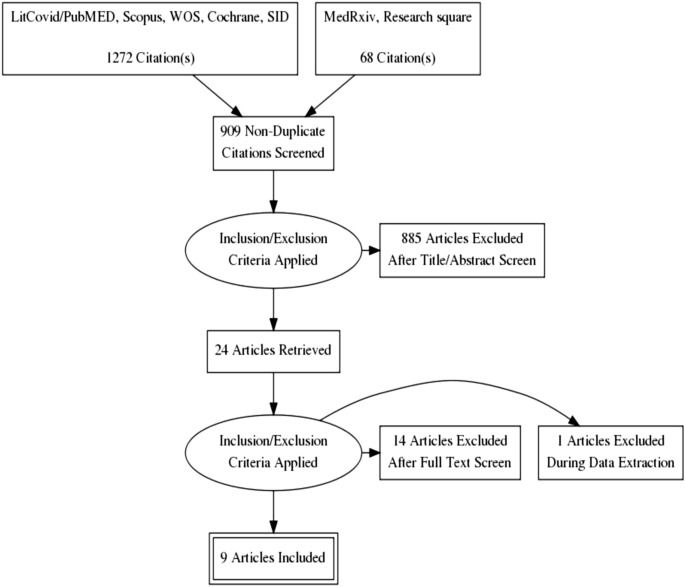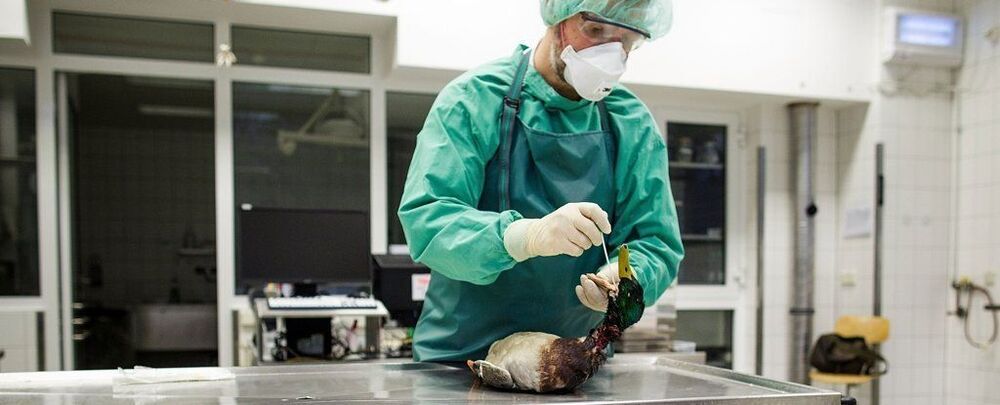Innovating At The Frontiers Of Cancer Biology — Dr. Jonathan Chernoff MD, PhD, Senior Vice President, Deputy Director, and Chief Scientific Officer, Fox Chase Cancer Center.
Dr. Jonathan Chernoff, MD, PhD, is Senior Vice President, Deputy Director, and Chief Scientific Officer, at Fox Chase Cancer Center (https://www.foxchase.org/) where he coordinates and charts the future course of research for the organization.
The Hospital of Fox Chase Cancer Center and its affiliates (collectively “Fox Chase Cancer Center”), a member of the Temple University Health System, is one of the leading cancer research and treatment centers in the United States. Founded in 1904 in Philadelphia as one of the nation’s first cancer hospitals, Fox Chase was also among the first institutions to be designated a National Cancer Institute Comprehensive Cancer Center in 1974.
Dr. Chernoff joined the staff in 1991 as an associate member and was promoted to member with tenure in 1996. In 2002 he was promoted to be a senior member in Fox Chase Cancer Center’s Basic Science division, the equivalent of a full professor in a university.
A molecular oncologist as well as a board-certified medical oncologist, Dr. Chernoff has a special interest in factors that control cell growth and movement, including oncogenes and anticancer or tumor-suppressor genes, and has made fundamental contributions in this research.








